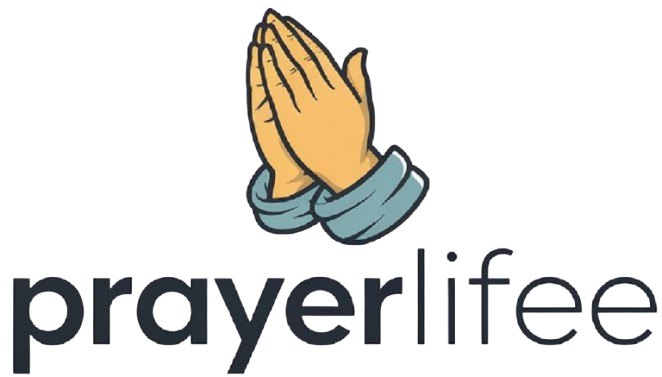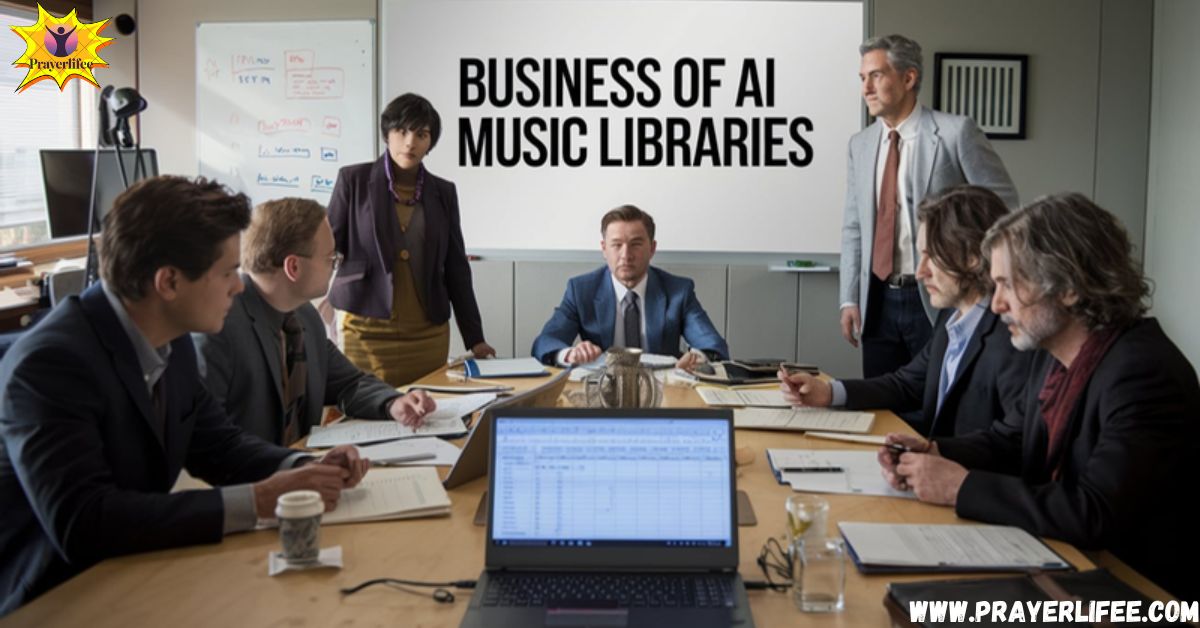In an era where artificial intelligence is transforming industries left and right, the music world is no exception. From creating background scores to full-length compositions, AI-generated music has carved a space for itself in modern audio production. But what’s truly buzzing is the business behind it – particularly AI music libraries and the licensing of AI tracks. Whether you’re a content creator, indie game developer, or brand strategist, these libraries are fast becoming go-to resources for original, affordable, and royalty-free music.
And if you’re an artist, producer, or even a small business trying to stand out, AI-generated music can help you build a unique sound identity without breaking the bank. You might even find AI generated music to better represent your skills or brand style than stock tracks ever could.
What Are AI Music Libraries?
Think of AI music libraries as digital catalogs filled with songs composed not by humans, but by advanced algorithms. These tracks can be customized to match different moods, genres, and tempos. Libraries like Amper Music, AIVA, and Ecrett Music are leading the charge, offering users a subscription-based model or per-track licensing, much like traditional stock music websites.
Why Licensing Matters
Licensing is the legal backbone of music usage. It determines who can use a track, where, and how. With AI music, the lines can get blurry – after all, who owns music made by a machine? Thankfully, most AI music libraries offer clear-cut licenses, granting users either full ownership or flexible rights for commercial use.
For example, Soundraw allows creators to tweak and download AI-generated tracks for YouTube videos, podcasts, or commercials under a royalty-free license. These simplified agreements save time and legal hassle, especially for smaller teams without an in-house legal department.
How to Make the Most of AI Music Libraries
Here are some actionable tips if you’re diving into AI music licensing:
- Know your use case. Are you scoring a short film or looking for a TikTok jingle? Choose a library with flexible rights.
- Read the fine print. Not all licenses are created equal—ensure commercial use is allowed if you’re monetizing your project.
- Customize for authenticity. Most platforms let you tweak instruments, tempo, and mood. Use these features to make tracks feel more “you.”
- Experiment across genres. AI music tools often support everything from lo-fi beats to epic orchestral scores—perfect for branding or content experiments.
The Road Ahead
AI music is still evolving, but it’s already democratizing sound production for creatives and businesses alike. As the technology matures, expect more nuanced licensing models and even deeper customization tools. And who knows? The next viral hit might just be produced by a neural network.
So whether you’re looking to streamline your content production or want to experiment with sound design, don’t overlook the business potential of AI music libraries. They’re not just the future – they’re the now.
Related Articles…

